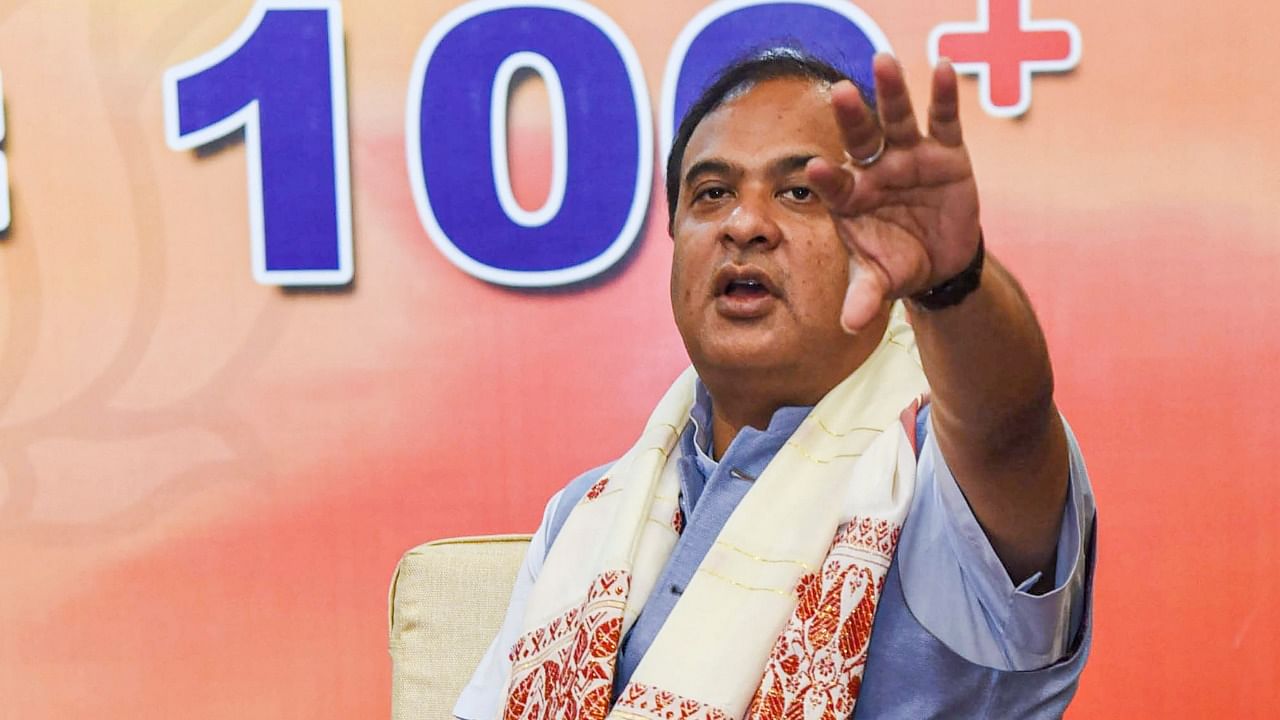
The Assam government on Wednesday created Welfare of Bodoland Department for speedy implementation of various schemes in an autonomous region comprising Kokrajhar, Chirang, Baksa and Udalguri districts of the state.
The decision was taken in a cabinet meeting chaired by Chief Minister Himanta Biswa Sarma.
Affairs of Bodoland Territorial Region (BTR) were under the Welfare of Plain Tribes and Backward Classes Department.
The cabinet also approved a proposal to set up Bodoland Administrative Staff College at Kokrajhar, the headquarters of BTR, Pijush Hazarika, the state government spokesperson, told reporters here.
The council of ministers decided to start functioning of the college immediately from a rented building if no suitable government facility is available, he said.
It was also decided that there would be no need to send files to the Finance Department for its approval for releasing monthly stipends to beneficiaries of three schemes- Kushal Konwar Universal Old Age Pension, Indira Miri Universal Widow Pension and Deen Dayal Dibyang Yojana, he said.
The senior-most secretary of the department concerned will be empowered to transfer cash to bank accounts of the beneficiaries within the 10th of every month, Hazarika said.
The cabinet also approved a guideline for the responsibilities of "guardian ministers" who will look after administrative affairs of districts.
These ministers will be given responsibility for the implementation of the government policy, administrative reforms and other welfare schemes for two or three districts entrusted to them, he said.
They will also review the implementation of all centrally-sponsored schemes and the priority programmes of the state, and will visit their respective districts at least once a month.
"If there is any problem in the implementation of a particular scheme, where a policy decision is required from the government or the cabinet, they can make recommendations for consideration," Hazarika said.
They will prepare "vision" documents for their districts with the help of the local administrations and the government departments.
The ministers will study the resources available in their districts and submit plans to create employment opportunities.